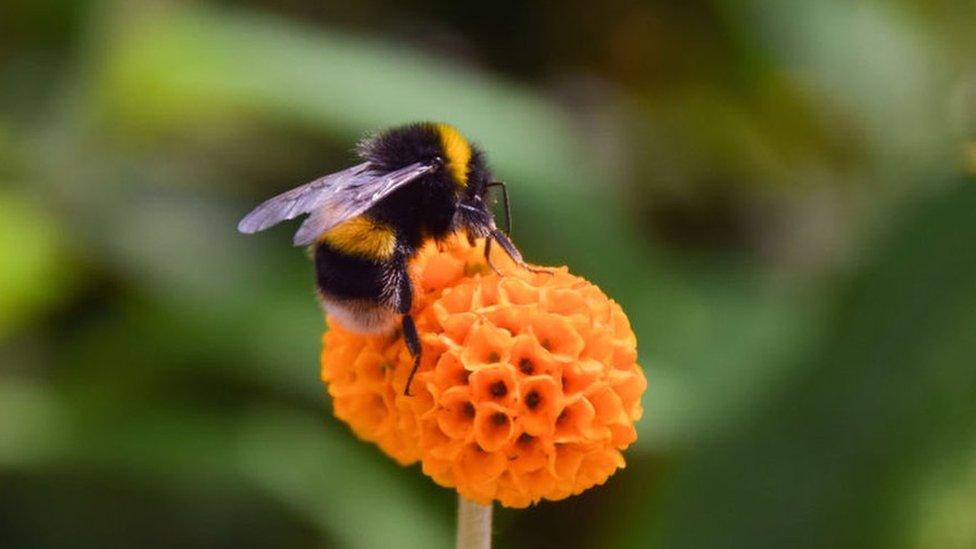London's first pollinator count aims to protect the city's insects
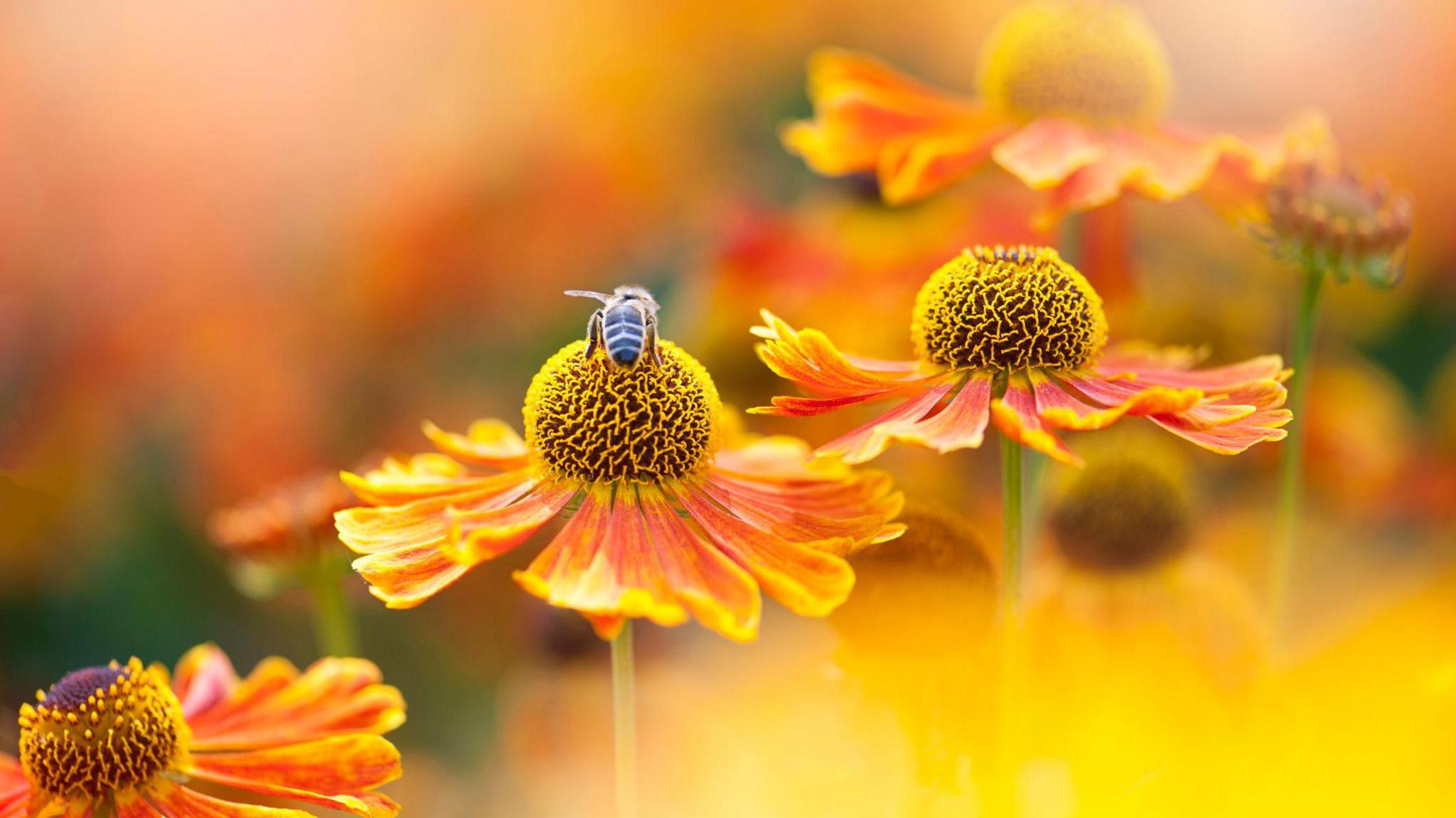
- Published
Calling all insect fans... on 1 July a charity is holding the first ever city-wide pollinator day in London.
Pollinators are creatures that help move pollen from one plant to another, which helps the plant reproduce.
It's dedicated to recording and observing insects that pollinate our plants, including bees, butterflies and moths.
Schoolchildren, naturalists and people working in the city are invited to take part in the event that's aiming to help stop the decline of native species.
It's hoped the count will become something that happens every year.
More interesting insect stories
Check out the wonderful world of insects
- Published6 June 2024
Bugs: Why are they are so important to our environment?
- Published21 July 2019
Scientists believe insects may have feelings
- Published22 April 2024
Why is the pollinator day happening?
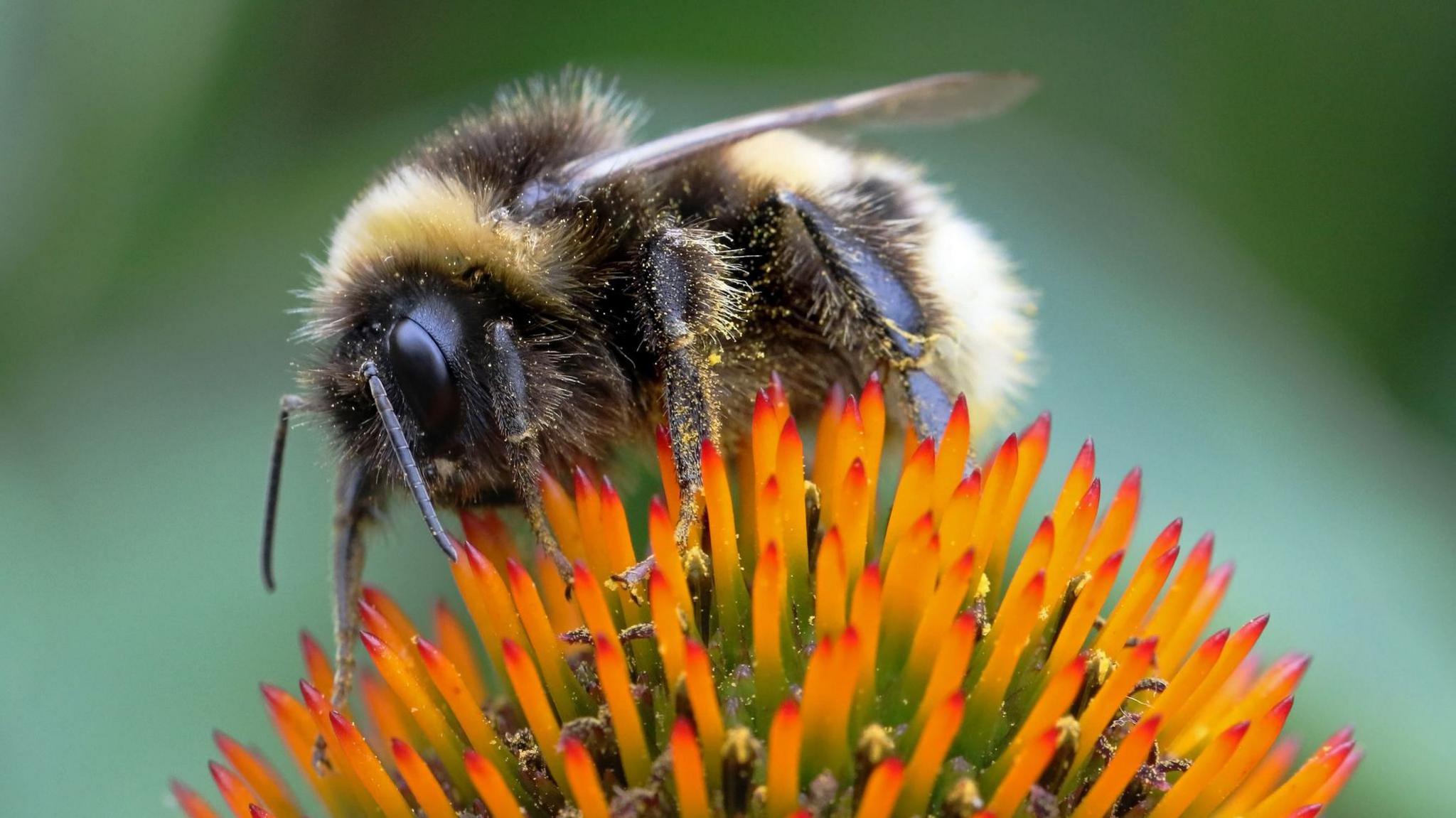
Will you spot any busy bees?
A 2023 report from the charity Pollinating London Together found that honeybees currently make up 57 percent of all pollinating insects in the City of London, despite being only one of 270 species of bees in the UK.
Dr Konstantinos Tsiolis, the report author, said this is the result of people not fully understanding the impact on biodiversity, despite having the best intentions:
People are introducing beehives to their garden or rooftop which has resulted in large honeybee colonies in urban areas. These are "unsustainable", according to Dr Tsiolis, because there are not enough food sources for all the insects.
Honeybees are not in decline anywhere in the world, but wild bees are, due to habitat loss, climate change, the use of pesticides and loss of flower meadows.
Other species of native pollinators, such as butterflies, are also in decline and make up less than one percent of all those recorded.
How can people in London get involved?
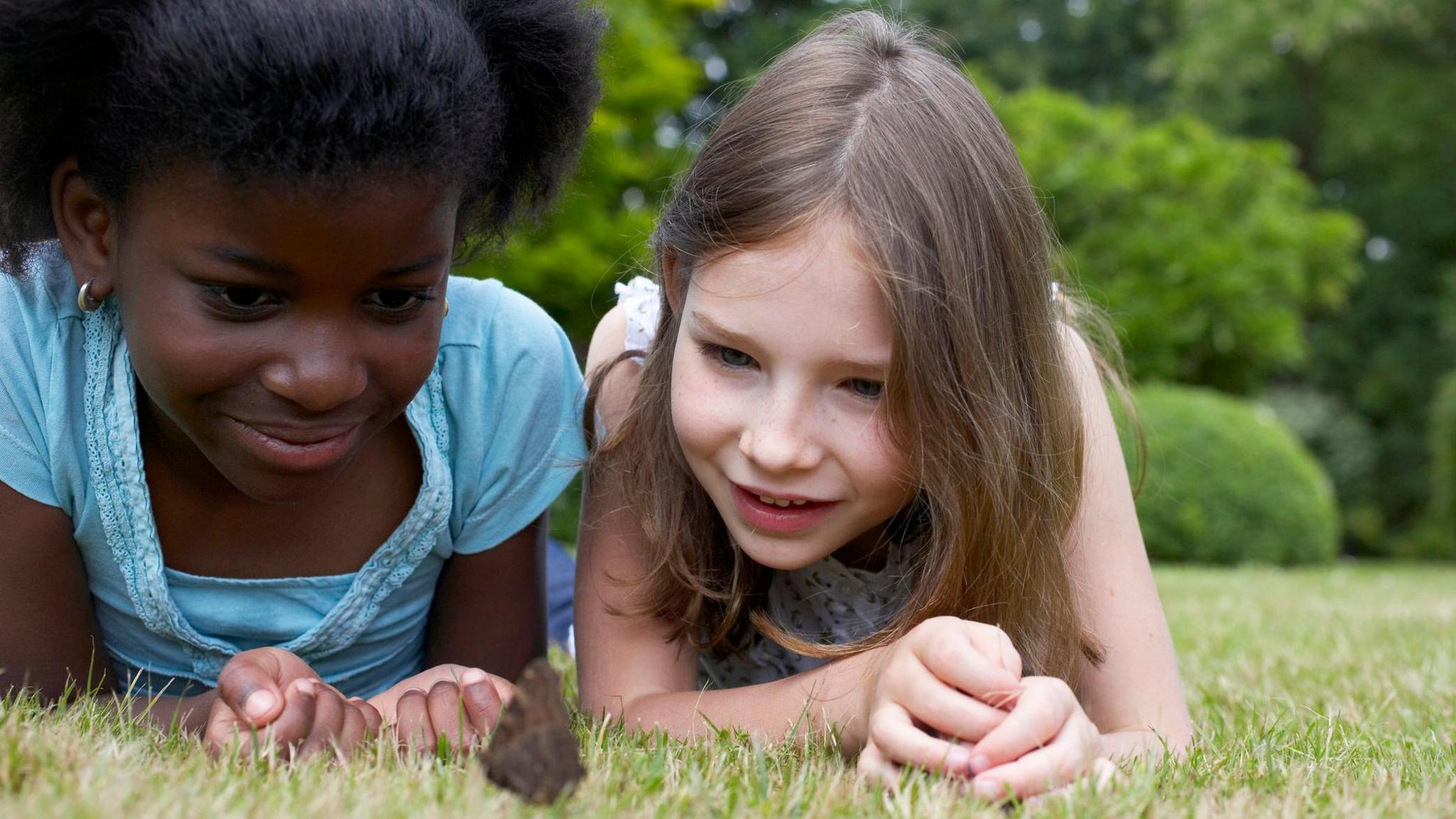
Anyone who is in London and wants to count the insects buzzing around can download the FIT Count app.
They can visit any garden or green space in London and select 'Pollinating London Together' as the survey to complete.
They can then keep track of any pollinators they see in gardens or public spaces across the capital.
Dr Tsiolis called on more people to get involved with the count, adding: "We need a diversity of bee species and other pollinators such as butterflies, beetles and wasps to be truly sustainable, so the more people who join the pollinator count, the more accurate the picture we'll have of what's happening."
More stories about our flying friends
- Published3 March 2023
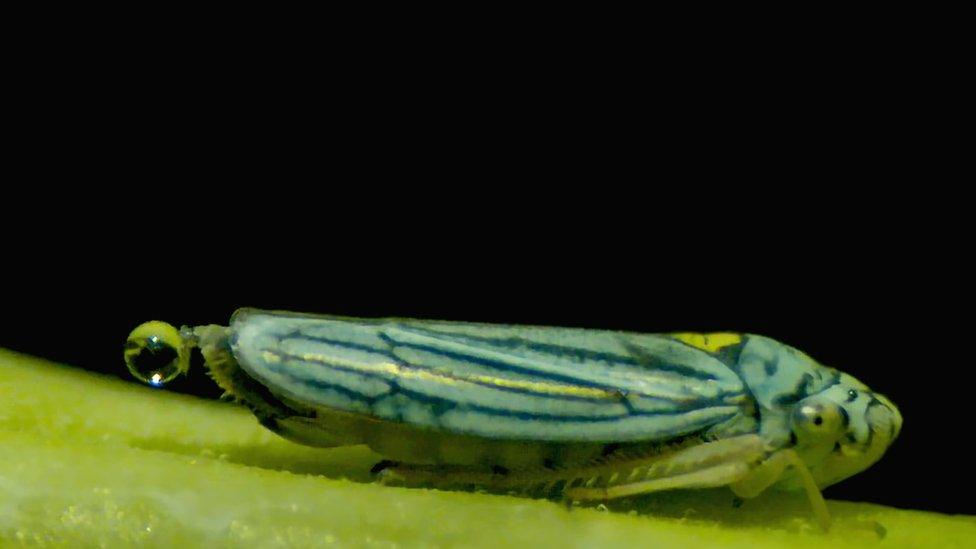
- Published8 June 2023
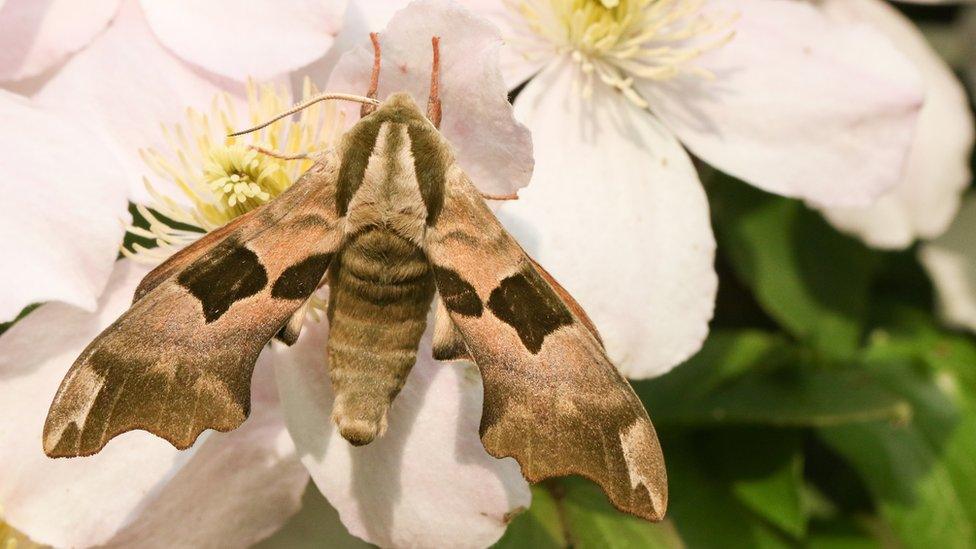
- Published21 January 2022
